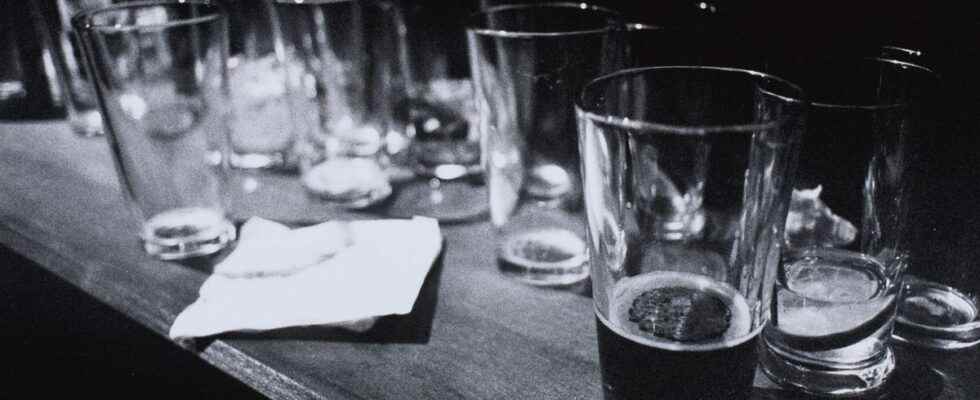Published on
Updated
Reading 1 min.
During the holidays, your alcohol consumption is likely to be higher than the rest of the year. Whether it’s wine, champagne, beer, liqueur, their effects could vary on your body, depending on your state of mind, your age, but also your genes.
The holiday season is trying in many ways. The meals are late, rarely balanced and the nights are short. This change of pace, added to strong emotions, contributes to disrupting your habits. So many upheavals likely to make it difficult for your body to assimilate.
The effects vary “depending on the number of drinks you drink, the speed of absorption, your sex, your age, your height and weight, your drinking pattern, your mood at the time, your level of fatigue and your physical condition and whether you have eaten or not”, details the site Help Alcohol.
Not all equal when it comes to “hangovers”
The aftermath of more or less drunken evenings can be difficult for some. Headaches, fatigue, aches, so many characteristic signs of “veisalgia”, more commonly called “hangover”. Several factors come into play, such as age or sex or the psychological state of a person. Thus, anxiety, depression, stress level and personality would contribute to a more or less difficult experience of the aftermath of the evening.
Even more surprisingly, one of the explanations is found in biology according to an American study. When you drink alcohol, liquid acetaldehyde, a chemical compound that plays a role in causing hangover symptoms, is released into the body. At this point, the ALDH2 gene kicks in. It “limits the breakdown of acetaldehyde, leading to greater accumulation of the protein – hence greater hangover symptoms,” says science lecturer Craig Gunn. psychology at the University of Bristol in The Conversation. People with a mutation of this gene would suffer a more difficult tomorrow.
To limit its appearance, you can hydrate yourself regularly throughout the evening and… drink moderately.
